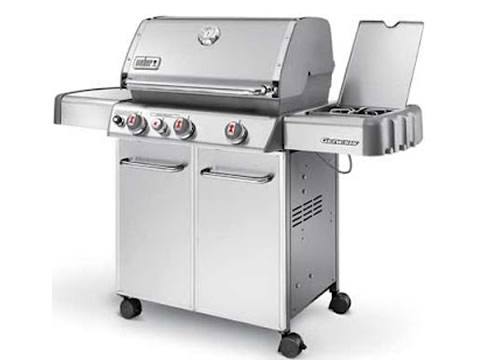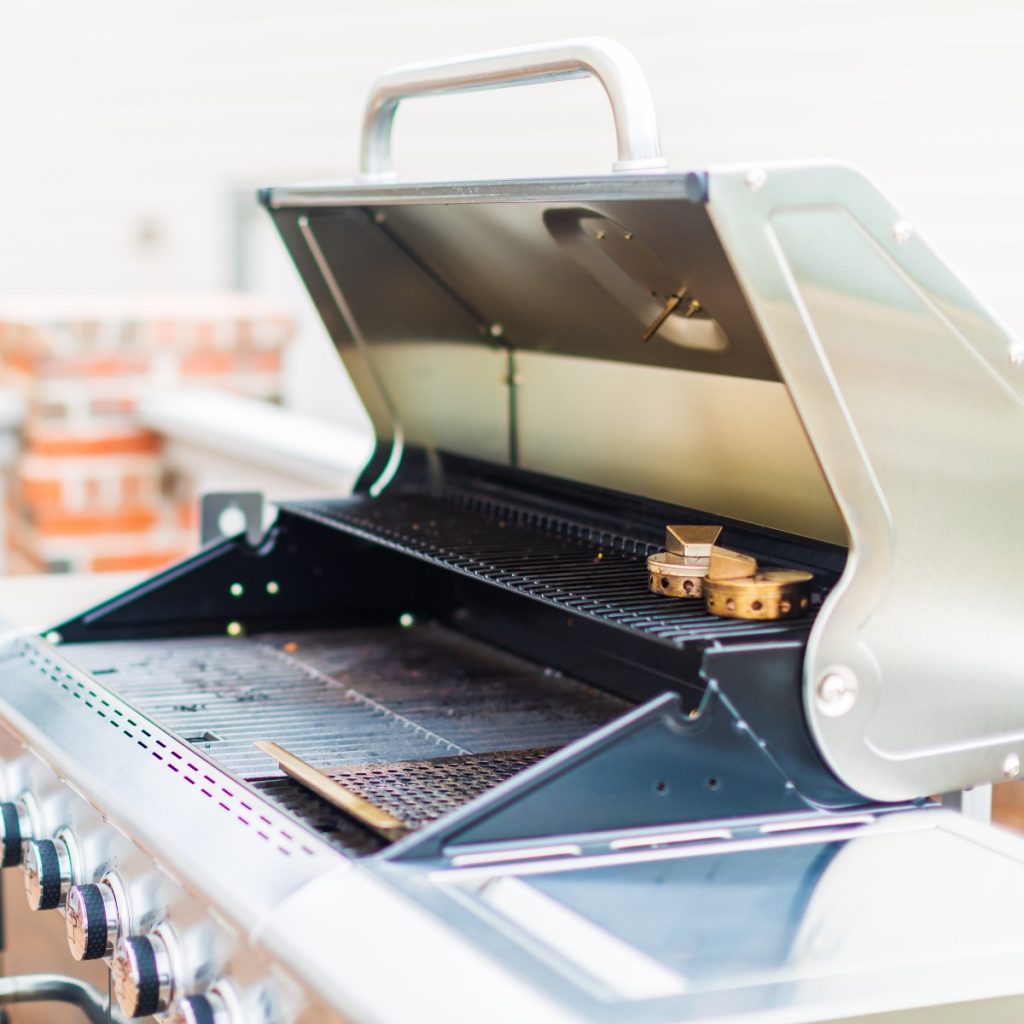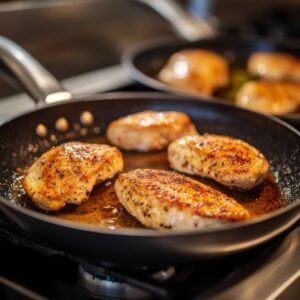The Pros and Cons of Gas Grills
When it’s time to whip up a meal, a few cooking methods are as fun as starting up the grill. With a gas grill, you can spend time outdoors with your family and enjoy the excellent weather while producing a home-cooked meal. You don’t need culinary training or have gone to cooking school to do it, either. When you grill with gas, it’s just you, your skills, and the flames working in unison.
Pros of Grilling with Gas
Grilling with gas has quite a few advantages. First, when it’s time to put the burgers, veggies, or chicken on the grill, you only need a few minutes to set it up. Basic culinary training will tell you that it’s best to start foods on a hot surface, so all you have to do is start the flame, close the lid, and give the grill surface time to heat up. And be sure to give your grill plenty of time to heat up. It takes time.
Although most gas grills have a built-in thermometer, it usually only measures the temperature of the air under the hood, not the temperature of the grates you will be cooking on. This is fine if you plan to use your grill for roasting something like a whole chicken using an indirect cooking method, but when it comes to grilling burgers or a steak, you need to know when the grates are hot.
You have heard some cooks say they tell by placing their hand over the grill, not touching it, of course, and if they can keep it there for only so many seconds, it’s ready to go. I’m unsure how accurate that can be since my hand may be more thick-skinned than yours, or you may have a higher pain threshold. I much prefer to use a handy little surface thermometer to tell me exactly how hot the grill grate is.
Easy to Light
Unless your starter button is broken or you are out of propane, gas grills are much easier to start than charcoal grills. Turn on the gas, push a button, adjust the dial and you are ready.
Some Temperature Control
Different foods require different temperatures; fortunately, a gas grill can offer that variety in the flame. However, any cooking school will tell you that too high of heat will char the outside of food and leave the inner portions raw.
On the other hand, a low temperature will cause your meal to take forever to cook, and it may also dry out the meat. Gas grills can turn the flames up or down depending on the meal. Most of them have easy-to-turn dials with a series of numbers. It’s easy to set all the dials to the same level, ensuring even heat at a temperature you control.

Grills with Extras
Grilling with gas isn’t just a one-trick pony, however. Many gas grills have a burner and grill grates, allowing you to boil water or cook up some beans while the steaks are on fire. With this greater versatility in culinary options, you can create an entire meal in the great outdoors instead of running inside to check on the stove.
Clean Up
Clean up can also be easy. I suggest you clean your grill grates right after using them so you have clean surfaces next time you go to the grill. When you are done grilling, close the lid, turn up the heat and give it a couple of minutes to get really hot. Then use your wire brush to give the grates a good cleaning. If the grill is filthy, I might put a layer of aluminum foil on top of the grates so they get hot and burn off some of the residue. It also makes brushing a lot easier.
And don’t forget to clean under the grill occasionally, or you may be surprised by a flash fire if your grease tin catches fire. An area under the grates catches the “stuff” you use your grill brush to clean. So make sure you get in there every once in a while and give them a good cleaning. Remember, a clean grill will burn hotter, and heat is your friend when grilling.
Cons to Grilling with Gas
The most significant disadvantage to grilling with gas is the amount of heat they produce. A lot of factors go into how much heat a grill will produce:
- BTU rating
- Size of the Grill
- Shape
- Materials
Depending on these factors, you can only get a gas grill so hot, but with a charcoal grill, you can add more charcoal to crank up the heat or pile it up higher on one side to provide a hot spot on the grill for searing and a cooler side for finishing.
Gas Grills Usually Cost More
While the grilling process may be quicker and easier, there is, unfortunately, a more significant monetary investment. Gas grills cost more than charcoal grills, and purchasing one is something you want to avoid skimping on. It’s better to pay more for a new grill than risk buying an unsafe used grill cheaply.
When using pressurized gas and flame, keeping safety in mind is also essential. Flames are involved, and that gas could cause a significant explosion if not treated carefully. Fortunately, gas grills are easy to operate and maintain, but because of the fuel reserve, there is a greater, if still small, risk of explosion.
Purchasing new fuel can also be an investment. Most gas grills use refillable containers for the propane. When you need a refill, turn the old cylinder in and take a new one home. The first one you purchase, however, requires you to pay for the cylinder and the propane it contains. The propane you purchase will last for many grill sessions, but each refill will be more out of pocket than a bag of charcoal, even though the total fuel cost does even out over time.
Getting Started with Your New Grill
Grilling with gas is a great way to spend time outdoors and enjoy quick meal prep and a relaxing dinner. You’ll be able to create meals in record time while still sharing the same great outdoor space as your friends and family.
Just be sure to invest in a quality grill and fully understand how to operate it safely. With some basic know-how and culinary training you already have, you’re sure to have a great time grilling with gas.





One Response
i still prefer gas grills over electric grills because the smoke somehow improves the flavor of the meat.